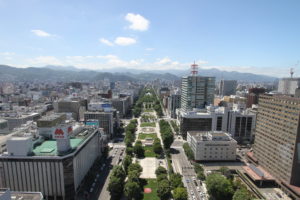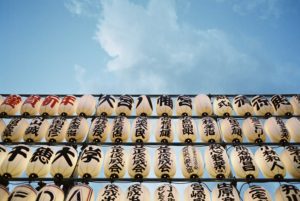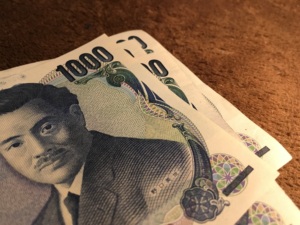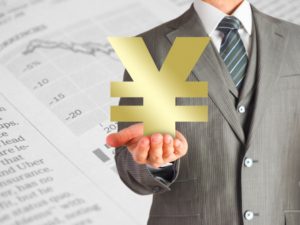When you buy a property and sell it in profit in the future, you are liable to
the capital gain tax of the Japanese government whether you are in
Japan or overseas country.
How does it work ?
How much is tax ?
Please find out more details in my video below.
Toshihiko Yamamoto
Real estate investing consultant and author.
Founder of Yamamoto Property Advisory in Tokyo.
International property Investment consultant and licensed
real estate broker (Japan).
He serves the foreign companies and individuals to buy and sell
the real estates in Japan as well as own homes.
He holds a Bachelor’s degree in Economics from
Osaka Prefecture University in Japan
and an MBA from Bond University in Australia
Toshihiko’s book, “The Savvy Foreign Investor’s Guide to Japanese Properties: How to Expertly Buy, Manage and Sell Real Estate in Japan”is now out on Amazon, iBooks (iTunes, Apple) and Google Play.
About the book
Amazon.com Link









